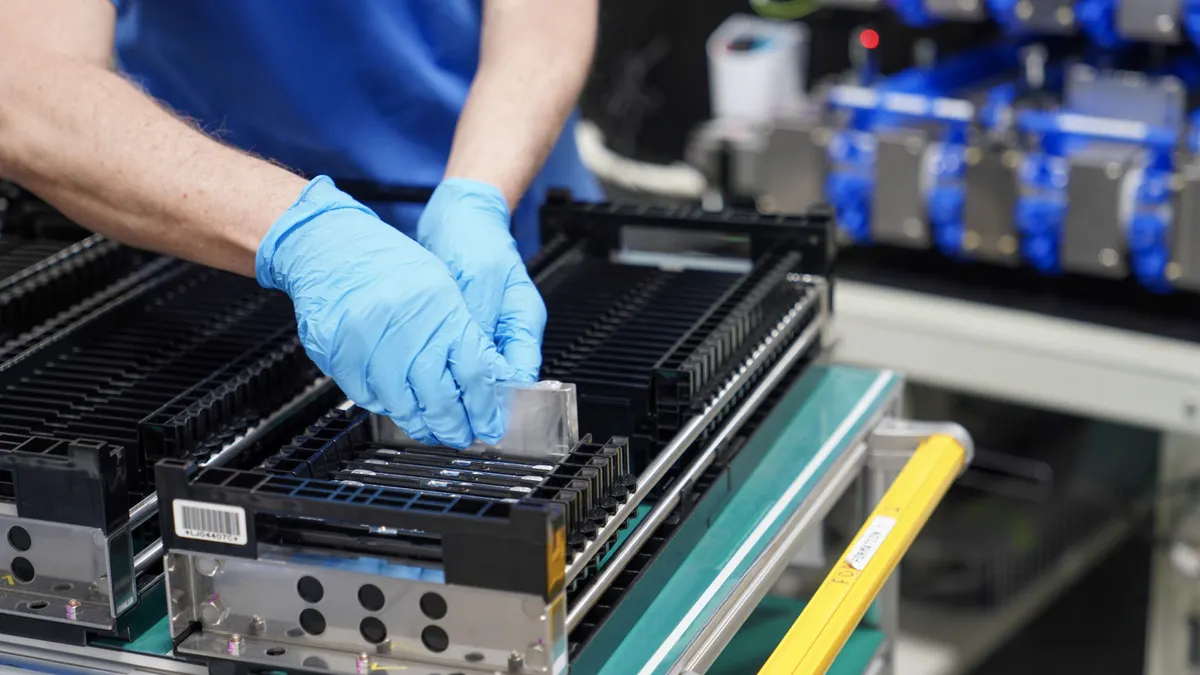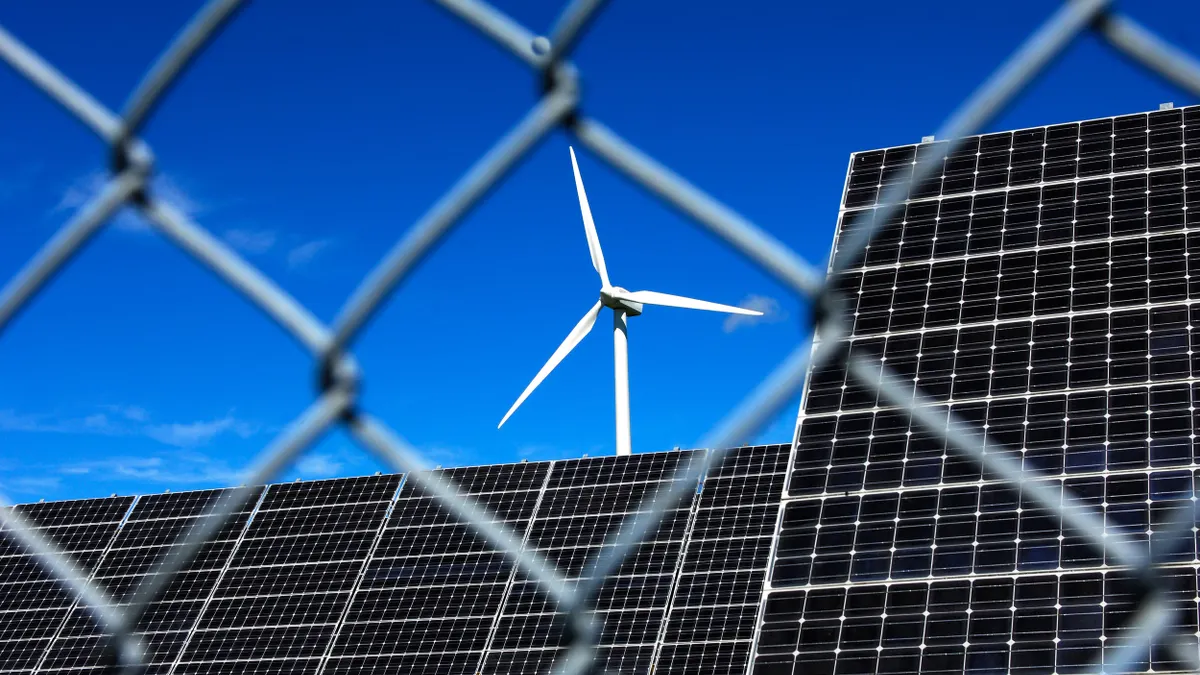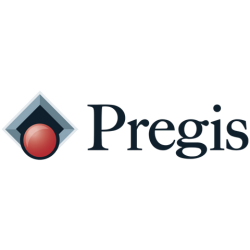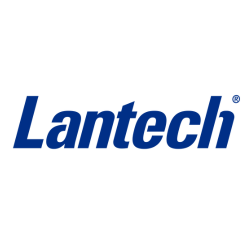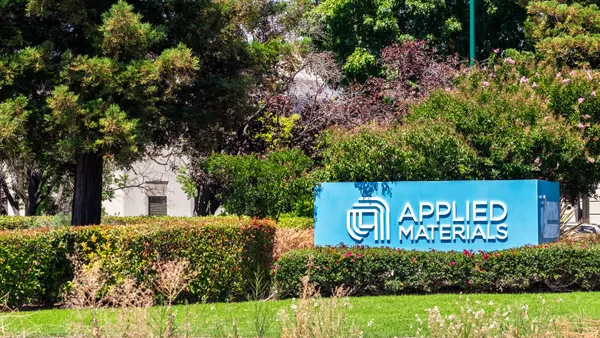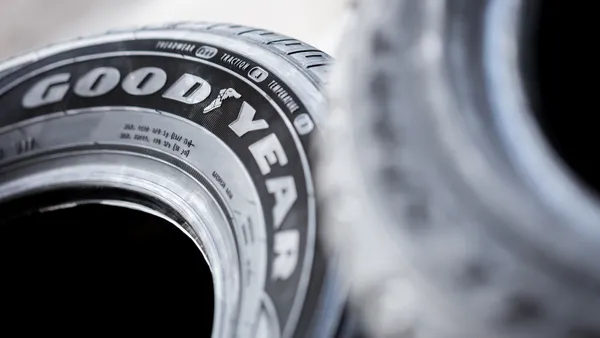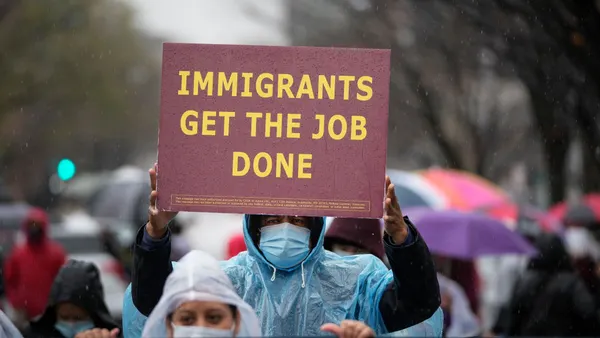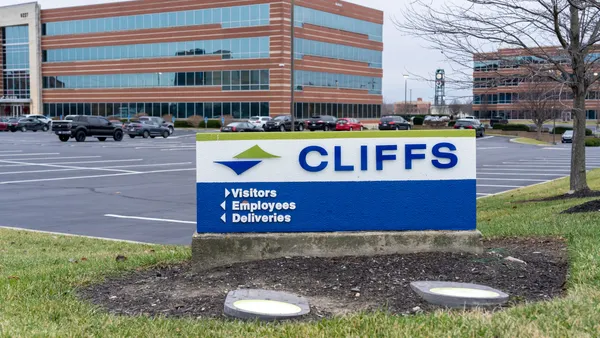Dive Brief:
- Toyota Motor Corp. announced Wednesday that it will invest an additional $10 billion in its U.S. operations over the next five years to support mobility efforts. Additional details were not disclosed.
- The automotive manufacturer also began production at its electric vehicle battery plant in Liberty, North Carolina, the first and only such facility outside Japan, the company said in the release.
- The 7-million-square-foot Liberty factory is Toyota’s 11th and can produce 30 gigawatt hours of batteries annually at full capacity. The site is expected to create up to 5,100 jobs.
Dive Insight:
Toyota first announced it was building an EV battery plant in North Carolina in December 2021, with an initial investment of approximately $1.3 billion. Since then, Toyota has gradually increased its Liberty investment, bringing the total spending to $13.9 billion.
Toyota’s North Carolina battery plant investments rise over time
-
December 2021The company announced it’s spending $1.3 billion to establish the EV battery facility
-
August 2022The automaker breaks ground on the plant and announced an additional $2.5 billion
-
May 2023Toyota announced its spending an additional $2.1 billion in the EV battery factory
-
October 2023The company announced it's spending an additional $8 billion, bringing the total investment to $13.9 billion
The new plant will serve as Toyota’s hub for developing and producing lithium-ion batteries for its growing EV portfolio, according to the Nov. 12 press release.
The facility will house 14 production lines supporting hybrid, battery-powered and plug-in hybrid EVs.
The facility currently has “all different stages going,” Don Stewart, president of Toyota Battery Manufacturing North Carolina, said in a video on Wednesday. Four of the hybrid lines are currently operational while its first BEV line is in its trial phase. “So we’re actually producing batteries, but they’re not sellable,” Stewart said.
The Liberty plant assembles battery modules specifically for HEV models of Toyota’s Camry, Corolla Cross, RAV4 and an undisclosed BEV that Toyota said will be the first of its kind to be built in the United States. The company plans to add more production lines, set to launch by 2030.
Stewart added that the North Carolina facility is helping Toyota become a mobility company through its various EV battery efforts. In April 2023, the company introduced a mobility strategy to accelerate EV production and achieve carbon neutrality by 2050, according to its media channel, Toyota Times. The strategy also includes improving the energy density of its lithium-ion batteries.
“As [the electrification age] continues to ramp up, we’re right to the leading edge of that,” Stewart said.
In June, the facility began shipping HEV modules to the company’s Georgetown, Kentucky, plant as well as its joint venture assembly factory with the Mazda Motor Corp. in Huntsville, Alabama, according to the automaker’s website.
“Toyota is a pioneer in electrified vehicles, and the company’s significant manufacturing investment in the U.S. and North Carolina further solidifies our commitment to team members, customers, dealers, communities, and suppliers,” Ted Ogawa, president and CEO of Toyota Motor North America, said in a statement.
The automaker also announced the second phase of its STEM education program, Driving Possibilities, issuing an additional $2.7 million grant to Guilford County Schools and the Asheboro City School District, per the news release. The funds are through the company’s nonprofit, Toyota USA Foundation. The manufacturer awarded $2 million in the first phase to Randolph and Guilford counties in April 2024.


